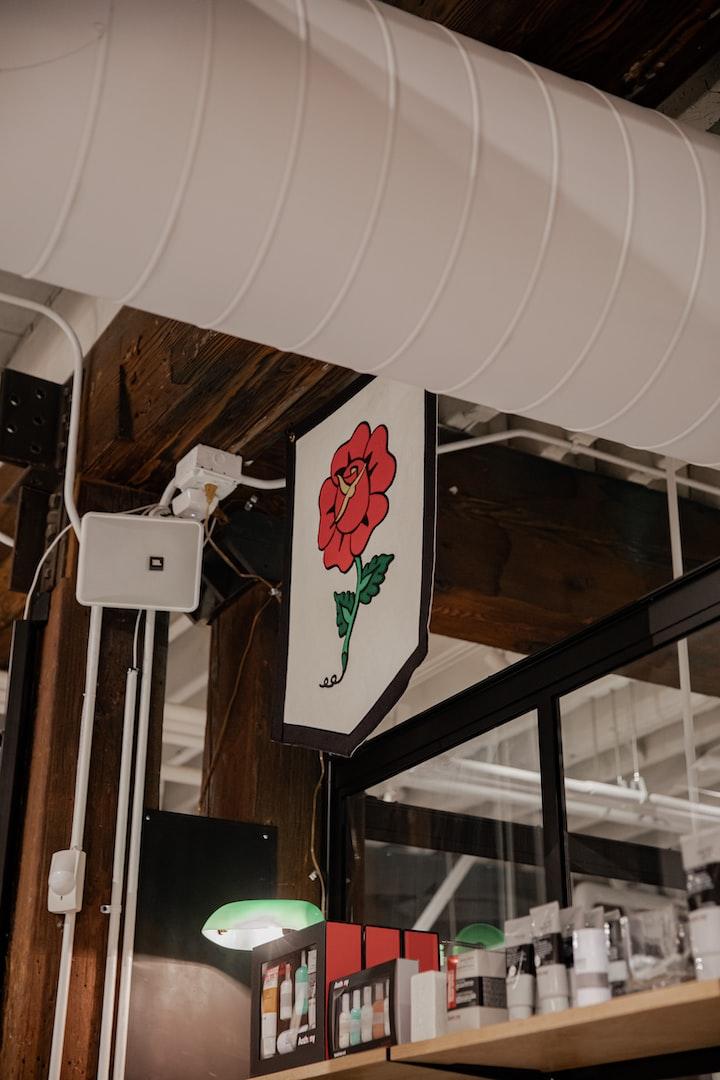There are a number of signs that something might be wrong with your kidneys. For example, if you have pain in your lower back or sides, this could be a sign of kidney stones or an infection. Other potential signs include changes in urine output or color, foam iness in the urine, blood in the urine, and swelling in the legs and feet. If you experience any of these symptoms, it’s important to see a doctor so they can run tests to determine whether or not your kidneys are healthy.
You’re more tired, have less energy or are having trouble concentrating
If you’re more tired, have less energy or are having trouble concentrating, it could be a sign that something is wrong with your kidneys. Kidney disease can cause a build-up of toxins in the blood, which can lead to fatigue and weakness. It can also cause anemia, which can make you feel tired and weak. If you have kidney disease, you may also urinate more often or have trouble concentrating. If you notice any of these symptoms, see your doctor to get checked for kidney disease.
You’re having trouble sleeping
If you’re having trouble sleeping, it could be a sign that something is wrong with your kidneys. Kidney problems can cause a build-up of toxins in the body, which can lead to insomnia. If you’re experiencing other symptoms like fatigue, headache, or pain in the back or sides, it’s best to see a doctor to rule out any kidney issues.
You have dry and itchy skin
If your skin is dry and itchy, it could be a sign that something is wrong with your kidneys. Kidneys play an important role in keeping our bodies hydrated and our skin healthy. If they are not functioning properly, it can lead to dryness and itchiness. Other symptoms of kidney problems include fatigue, nausea, decreased appetite, and changes in urination. If you are experiencing any of these symptoms, see your doctor to get checked out.
You feel the need to urinate more often
If you find yourself needing to urinate more frequently than usual, it could be a sign that something is wrong with your kidneys. Other potential symptoms include pain or burning during urination, cloudy or bloody urine, and swelling in the ankles, feet, or legs. If you are experiencing any of these symptoms, it’s important to see a doctor as soon as possible so that they can run some tests and determine what is causing the problem.
You see blood in your urine
If you have blood in your urine, it is important to see a doctor as soon as possible so that the cause can be found and treated. In some cases, blood in urine may go away on its own. However, if the bleeding is severe or persistent, it may require medical treatment.
Blood in urine can be caused by many different things. Some of the most common causes include:
Kidney stones: Kidney stones are one of the most common causes of blood in urine. They are small, hard deposits that form in the kidneys and can cause pain when they pass through the urinary tract.
Kidney infection: A kidney infection is a serious condition that can occur when bacteria enter the kidney through the urinary tract and multiply. Symptoms of a kidney infection include fever, chills, back pain, and bloody urine. If left untreated, a kidney infection can lead to sepsis (a potentially life-threatening condition caused by an infection), so it is important to see a doctor if you think you might have one.
Bladder or urinary tract infections: These types of infections are often responsible for bloody urine because they irritate and inflame the tissues lining the urinary tract (including the bladder and urethra). Infections of this kind are usually treated with antibiotics.”
Your urine is foamy
If your urine is foamy, it could be a sign that something is wrong with your kidneys. Kidney problems can cause a variety of symptoms, including foam in your urine. If you have kidney disease, your kidneys may not be able to properly filter waste from your blood. This can lead to a build-up of toxins in your blood, including foam. In addition, if you have kidney failure, your body may not be able to get rid of excess fluid. This can also cause foamy urine. If you notice that your urine is foamy, it’s important to see a doctor so they can check for underlying health issues.
You’re experiencing persistent puffiness around your eyes
If you’re experiencing persistent puffiness around your eyes, it could be a sign that something is wrong with your kidneys. When your kidneys aren’t functioning properly, they can’t remove excess fluid from your body, which can lead to swelling in different parts of the body, including the eyes. Other symptoms of kidney problems include fatigue, trouble urinating, and changes in urine output. If you’re experiencing any of these symptoms along with puffiness around your eyes, it’s important to see a doctor so that the underlying cause can be treated.
